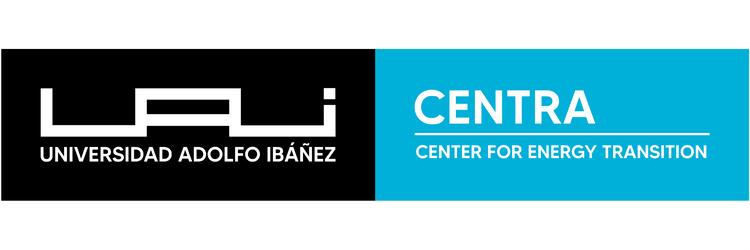EDF Power Solutions and Centra UAI discuss the future of energy storage in Chile
November 17, 2025
A seminar brought together industry experts to analyze the prospects for this technology in the coming years.
Analyzing the future of energy storage as a key enabler for a secure energy transition was the objective of the seminar “The Storage Boom: Challenges and Opportunities,” organized by EDF Power Solutions and the Center for Energy Transition (Centra) of the Faculty of Engineering and Sciences at Adolfo Ibáñez University. The seminar was part of the Industrial Research Chair they jointly established, and the seminar presented its main findings.
This public-private initiative aims to contribute to the technical and regulatory debate on how to harmoniously integrate energy storage technologies into the national electricity system, in order to move towards a secure, resilient, and efficient system.
During the event, which brought together representatives from the public, private, and academic sectors, the main results of the Chair were presented, including important lessons learned about the integration of energy storage systems into the energy mix and their contribution to security of supply, operational efficiency, and the sustainable development of new business models. The challenges facing long-duration energy storage (LDES) technologies, which would contribute important attributes to the electrical system, were also addressed.
“Energy storage is fundamental for the energy transition to continue advancing. In Chile, we have seen explosive growth in energy storage systems, so it is very timely to review their impact and discuss what adjustments are necessary to promote optimal operation of these systems so that they can contribute to the security and efficiency of the system,” highlighted Joan Leal, general manager of EDF power solutions.
Long-duration energy storage systems
During the seminar, it was emphasized that in recent years, Chile has registered sustained growth in battery energy storage (BESS) projects, reaching nearly 2 GW in operation and several more under construction. Developing sufficient storage capacity is key to integrating renewable energy, reducing curtailment, and providing flexibility to the electricity system. However, its autonomy—typically between 4 and 6 hours—limits its ability to cope with prolonged periods of low solar or wind power generation. In this scenario, long-duration energy storage systems (LDES) emerge as an important milestone: they allow for managing interday variability, strengthening security of supply, and moving towards a 100% renewable energy mix.
“Long-duration energy storage systems represent the next technological frontier for achieving a 100% renewable energy mix. Our study shows that these projects not only provide flexibility and security to the electrical system, but can also be profitable if planning and operating mechanisms are modernized. Chile is at a key moment to plan the development of energy storage with a long-term vision that complements the solutions already in place. Moving in this direction will strengthen the system’s resilience, while also leveraging potential synergies with sectors such as water, agriculture, and tourism,” said Rodrigo Barraza, director of Centra UAI.
On this occasion, and as part of this alliance, EDF power solutions and UAI, through Centra, reaffirmed their commitment to continue fostering an informed and constructive public-private dialogue on the regulation of energy storage systems.
To review the joint study by EDF power solutions and Centra UAI, please visit the following LINK.
